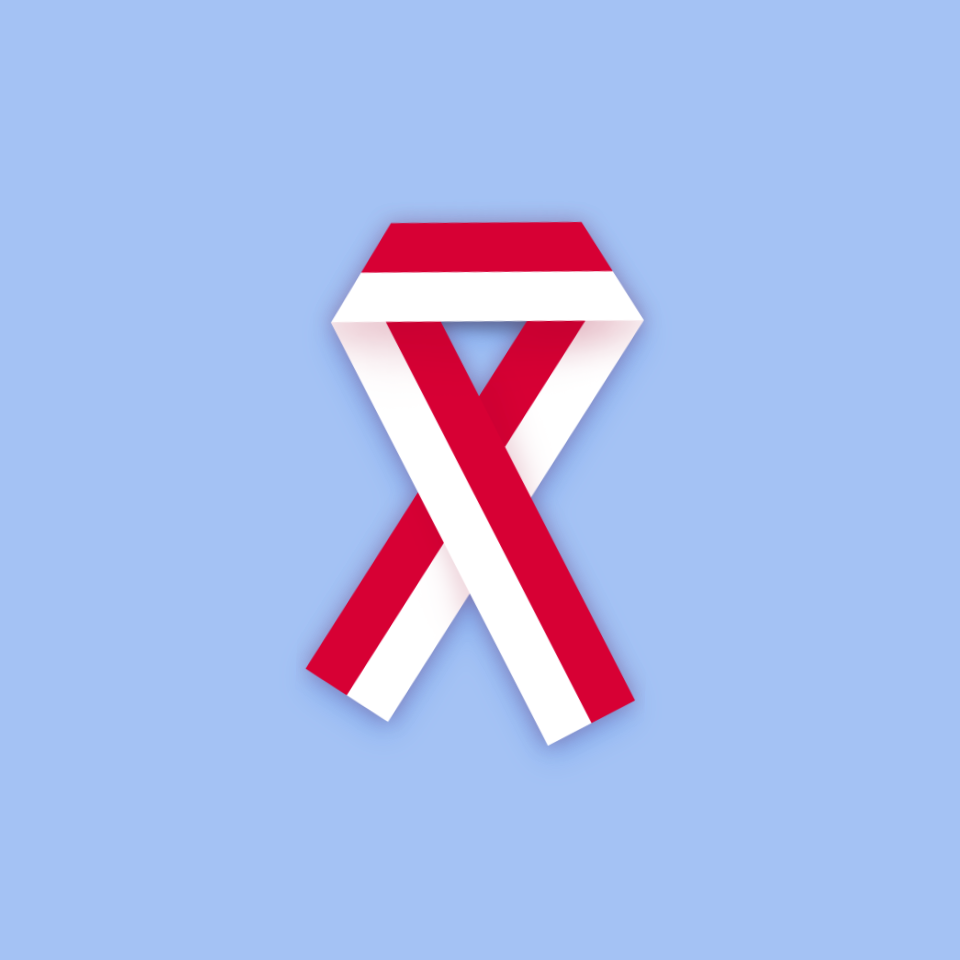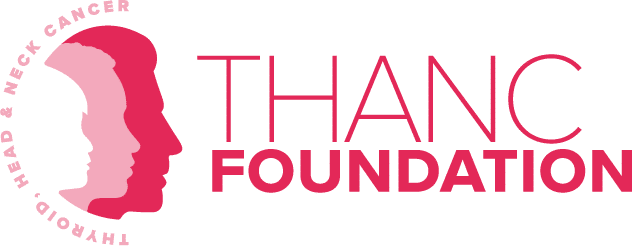
It started as a benign-looking thing on the side of the tongue that bothered me whenever I had orange juice or spicy food, which I love. I decided to get it checked. The biopsy said it was benign. A few years later, it developed into a wound that would not heal.
After I got a tongue biopsy, I let it go. Four years later, I still didn’t think of it much. However, my wife insisted. She said, “You never know if it could develop into something bad.” When I met with my oral surgeon, he ran a biopsy, but this time the results were not good. I felt shocked. I never expected something like that. We didn’t know its size—was it limited to the tongue or something bigger? One of my teeth bothered me, and the 3D rendering of my teeth showed an issue with them.
At that point, I began to look for a surgeon who could help. A family member underwent thyroid surgery and told me her surgeon does everything. Another family member recommended this same doctor. I called him the day the results came out, and his staff immediately met me. I drove over with my wife. I was the last patient there. He wanted me to get a CT scan and an MRI. I scrambled to get them. Soon thereafter, he confirmed I needed surgery. From the MRI and CT scan, it didn’t look like it would spread, but I didn’t know until the surgery how bad it was.
If anything, I would tell anyone diagnosed with cancer to have someone by their side.
Apparently, the surgery took a long time. I don’t remember much of it. It took around 10 hours, because it wasn’t just a glossectomy or mandibulectomy, but also a reconstruction of the tongue. When I woke up, I didn’t realize how much my body had gone through.
At the hospital, a wonderful team of people looked after me every morning and afternoon. My surgeon also checked my progress. Every time I saw him, I felt happy. He took care of me. I heard what other people went through in the ICU, and I felt fortunate to have my wife there with me every day and night.
If anything, I would tell anyone diagnosed with cancer to have someone by their side. No matter how good the hospital staff is, they care for so many patients. Having my wife at the hospital was a game-changer. She could go and fetch help whenever I needed it, even for simple things like going to the bathroom.
About two weeks after I returned home, I wanted to get back to work. I started again slowly.
Physical therapy at the hospital was amazing. Every day they encouraged me to get out of bed and walk. Getting up and moving around helped, because it made me confident that things were becoming normal.
During my stay at the hospital, I developed pneumonia. As a result, my body constantly produced phlegm—I had to use suction every five minutes. I had many restless nights. I underestimated how tough recovery would be. I can usually tolerate pain, but my stay at the hospital truly tested me.
With each day, things seemed to improve. My surgeon said I could go home on the eighth day. It took about a month before things felt normal. Staying at home and doing nothing felt a bit weird, though. About two weeks after I returned home, I wanted to get back to work. I started again slowly. I took work calls and attended meetings again, making an effort to speak. As a result, my speech gradually improved.
…a trusted companion—a partner, friend, any loved one—can help you out. It makes a big difference.
I’m grateful that I didn’t have to go through chemo or radiation. The results of the surgery showed that it did not spread to other areas. I found physical therapy helpful. I enjoyed it. I used to love working out, and physical therapy felt like a new kind of exercise. It made me feel like my normal self.
It has been almost two and a half years since my surgery. I feel fine. Things will never be quite normal with my mouth and tongue. The teeth on the left side of my mouth were removed during surgery, so I now eat on the right side. I have had to make adjustments. I am not the same person I was before treatment, but I don’t have anything to complain about, despite what I went through.
I want patients to know that there is hope. There are highs and lows—even in one day. The lows are incredibly low. You feel helpless because you are trying to express feelings to your loved ones, but you are unable to because of surgery recovery. That’s where a trusted companion—a partner, friend, any loved one—can help you out. It makes a big difference.
…you need to take a deep breath, relax, and focus on the moment. You have to be your own coach.
And the highs you feel—even little accomplishments—like the first time I could use the bathroom—feel like huge achievements. The first time I could take a step without wobbling felt great. Like I said, take every little accomplishment and build your hope on that. Feel confident that things will turn out for the best. The more optimistic you are and the more you believe in yourself, the better your outcome will likely be.
You may feel it’s not about you, but about your family—what will happen with them and how will they survive? Life goes on. No one lives forever. Spend quality time with the people you love. As a person, you can have the best team to help you, but also as an individual, you need to make yourself feel at ease. After my surgery, I didn’t know whether and when I’d get out of the hospital. “What else will I have to go through?” I wondered. You think all these thoughts. But you need to take a deep breath, relax, and focus on the moment. You have to be your own coach. The more hopeful you are, the better the results will be.

Will You Share Your Journey?
April is Oral Cancer Awareness Month. As part of that theme, we post stories written by oral cancer survivors, caregivers and medical professionals for our 30 Stories in 30 Days™ campaign. The insights they share can help others along their journey.


